Kenyon Review Nature’s Nature
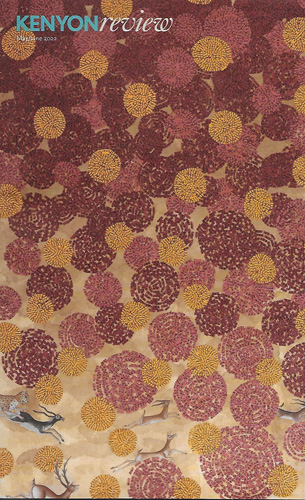 Kenyon Review Editor David Baker opens the May/June 2019 issue with his commentary on the annual “Nature’s Nature” theme. In response to our having witnessed “the Trump administration take further steps to release two hundred thousand more acres of public land—this time in Utah along the Canyonlands and the Green River—to ‘development,'” Baker notes that “Greed, stupidity, and fever for power are not new to our country or even our species—read Shakespeare, Dante, Homer—but the velocity of unfixable damages and the extent of losses are without precedent.”
Kenyon Review Editor David Baker opens the May/June 2019 issue with his commentary on the annual “Nature’s Nature” theme. In response to our having witnessed “the Trump administration take further steps to release two hundred thousand more acres of public land—this time in Utah along the Canyonlands and the Green River—to ‘development,'” Baker notes that “Greed, stupidity, and fever for power are not new to our country or even our species—read Shakespeare, Dante, Homer—but the velocity of unfixable damages and the extent of losses are without precedent.”
Baker asks, “Are we one or two generations away from the point of no return for environmental stability? Is ours the last generation with hope of preventing or slowing a massive disaster? Is it too late? The calculations come every week, with variables, but the constant alarm is the same.”
This is what compelled him, he recounts, “to curate a special feature on ecology and poetry . . . I wanted to showcase new poems that resisted such forms of power and that named one by one the spectacular, beautiful, and often endangered citizens of the natural world.”
Now an annual issue, the writers featured each year are purposefully diverse in that the publication does not choose the same authors to appear more than once. The compilation features twenty-seven new poems, one essay, and two portfolios of artwork. For a full list of content with some selections available to read online, visit the Kenyon Review.

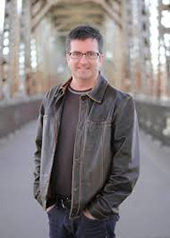 First Prize $1000
First Prize $1000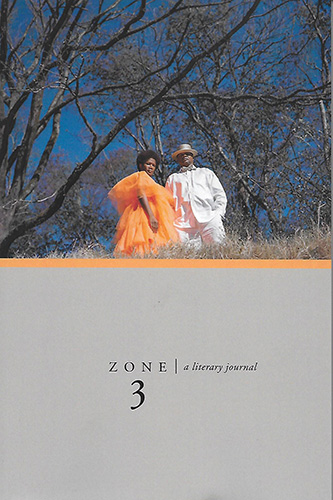 “Mixed Drinks” in
“Mixed Drinks” in  Winner of
Winner of 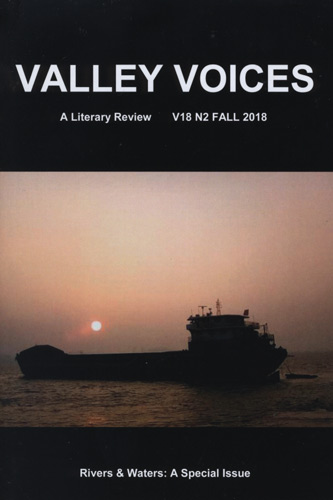 As John Zheng shares in his introduction to the Fall 2018 “Rivers and Waters” issue of
As John Zheng shares in his introduction to the Fall 2018 “Rivers and Waters” issue of 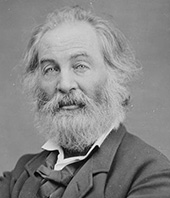 A great idea to celebrate the 200th birthday of Walt Whitman,
A great idea to celebrate the 200th birthday of Walt Whitman,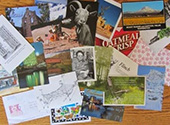 Now in its 13th LUCKY year, the
Now in its 13th LUCKY year, the 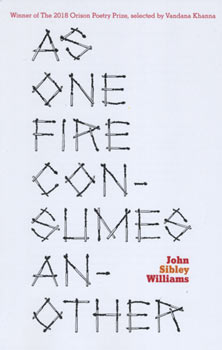 The Winner of the 2018 Orison Poetry Prize was published earlier this month, and readers can now find As One Fire Consumes Another by John Sibley Williams at the
The Winner of the 2018 Orison Poetry Prize was published earlier this month, and readers can now find As One Fire Consumes Another by John Sibley Williams at the 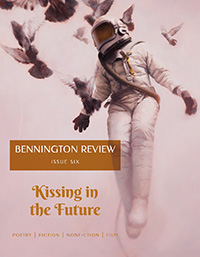
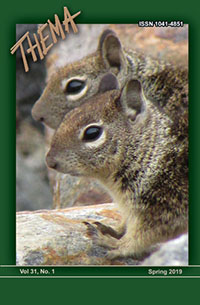
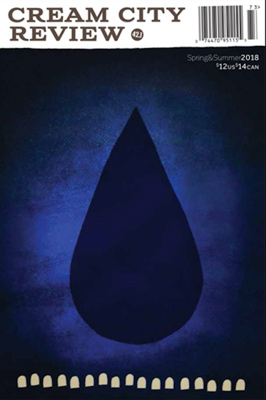
 A novel idea indeed, but also one that is deeply appreciated as a model approach to genre storytelling. The editors comment on the larger issue behind creating this prize: “While women in the real world are fighting sexual abuse and violence, being harassed, assaulted and raped, or being murdered because they’re women, the casual and endless depiction of females as victims or prey sits uneasily alongside their fight. Real rape survivors struggle to be heard, counted and believed, under-reporting is rife, partly because victims fear being torn apart in court, and prosecutions continually fail. Meanwhile, in popular culture, women are endlessly cast as victims of stalking, abduction, rape and murder, for entertainment.”
A novel idea indeed, but also one that is deeply appreciated as a model approach to genre storytelling. The editors comment on the larger issue behind creating this prize: “While women in the real world are fighting sexual abuse and violence, being harassed, assaulted and raped, or being murdered because they’re women, the casual and endless depiction of females as victims or prey sits uneasily alongside their fight. Real rape survivors struggle to be heard, counted and believed, under-reporting is rife, partly because victims fear being torn apart in court, and prosecutions continually fail. Meanwhile, in popular culture, women are endlessly cast as victims of stalking, abduction, rape and murder, for entertainment.” First Place
First Place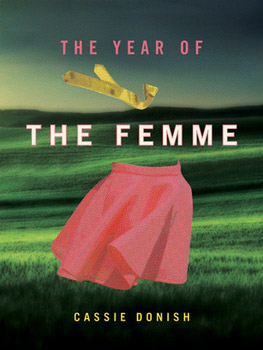 Founded in 1990, the Iowa Poetry Prize is awarded for a book-length collection of poems each year.
Founded in 1990, the Iowa Poetry Prize is awarded for a book-length collection of poems each year. Monmouth University has announced a new way for students to earn a degree. The
Monmouth University has announced a new way for students to earn a degree. The  The editors of
The editors of 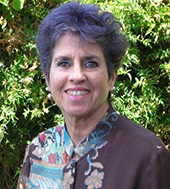 Winner
Winner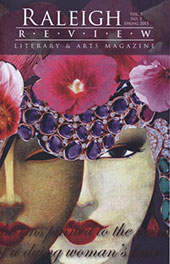 With its Spring 2019 issue,
With its Spring 2019 issue, 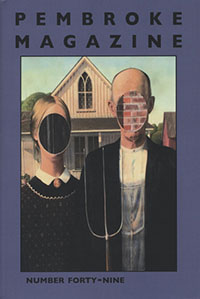
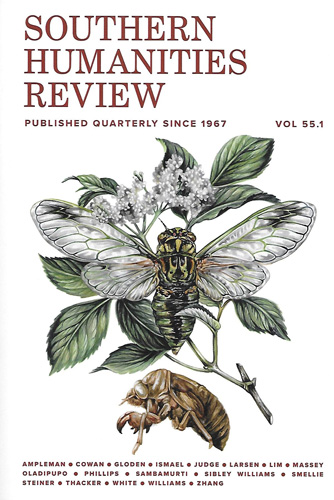
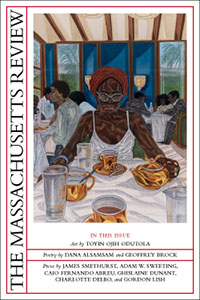
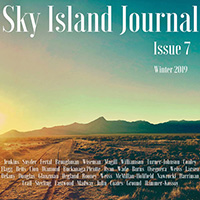 Jason Splichal, Founder and Co-Editor-in-Chief of
Jason Splichal, Founder and Co-Editor-in-Chief of  First Place
First Place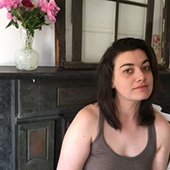 Produced within the
Produced within the  “Etymology of a Mood” by Ama Codjoe won
“Etymology of a Mood” by Ama Codjoe won 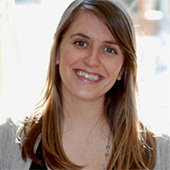
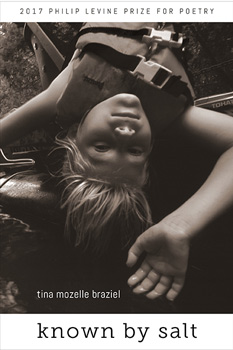 In January, Anhinga Press released the winner of their
In January, Anhinga Press released the winner of their 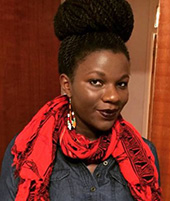 Flash Prose
Flash Prose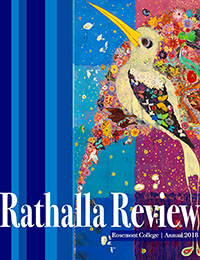
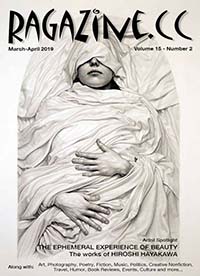
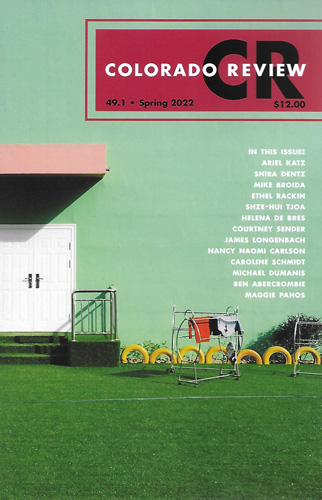 Recent posts include:
Recent posts include: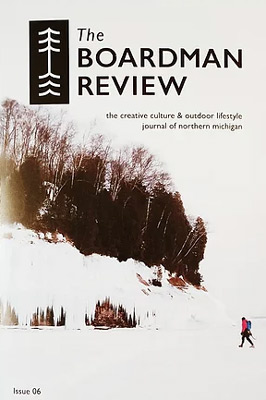 If your interest is in the outdoors as well as the arts, something fresh and new,
If your interest is in the outdoors as well as the arts, something fresh and new, 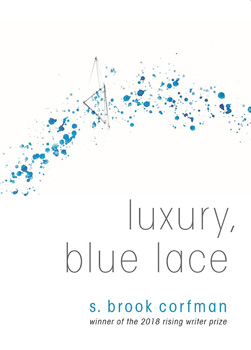 This month, find Luxury, Blue Lace by S. Brook Corfman at Autumn House Press. Winner of the 2018 Rising Writer Contest, judge Richard Siken notes how Corfman “examines the ways that presentation and representation conflate and complicate. Expansive, generous, deeply considered, and highly lyric, this book, with its transformations and overlaps, astounds.”
This month, find Luxury, Blue Lace by S. Brook Corfman at Autumn House Press. Winner of the 2018 Rising Writer Contest, judge Richard Siken notes how Corfman “examines the ways that presentation and representation conflate and complicate. Expansive, generous, deeply considered, and highly lyric, this book, with its transformations and overlaps, astounds.”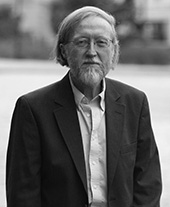 As I write now, during the middle days of February, hard upon our Spring 2019 deadline, the dice are still not fully cast for my successor or my exact departure date – and so I will be brief again: the earliest I would step away is 1 June, at which time our Summer 2019 issue will literally be in press and the preparation of the Fall 2019 contents will be in full swing, so my ghost will be around for at least some aspects of the latter. The goal for me, for the rest of the Georgia Review staff, and for the University of Georgia, is a transition that will be as smooth as possible for our submitters, contributors, and readers.
As I write now, during the middle days of February, hard upon our Spring 2019 deadline, the dice are still not fully cast for my successor or my exact departure date – and so I will be brief again: the earliest I would step away is 1 June, at which time our Summer 2019 issue will literally be in press and the preparation of the Fall 2019 contents will be in full swing, so my ghost will be around for at least some aspects of the latter. The goal for me, for the rest of the Georgia Review staff, and for the University of Georgia, is a transition that will be as smooth as possible for our submitters, contributors, and readers.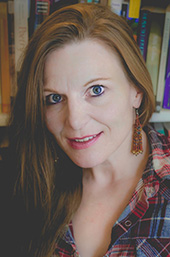 Write Prize for Fiction
Write Prize for Fiction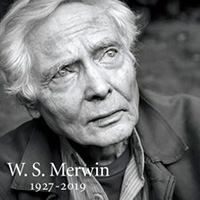 The Kenyon Review
The Kenyon Review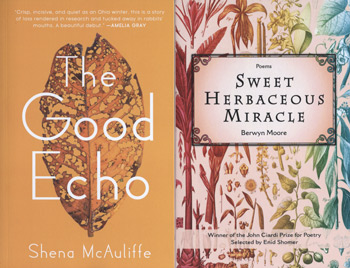 There was a lot going on at the end of 2018, so maybe you missed out on some of the award-winning books published toward the tail end of the year. Don’t worry—we’ve got you covered.
There was a lot going on at the end of 2018, so maybe you missed out on some of the award-winning books published toward the tail end of the year. Don’t worry—we’ve got you covered. Glimmer Train March 2019 Bulletin
Glimmer Train March 2019 Bulletin Pleaides Press annually hosts the
Pleaides Press annually hosts the 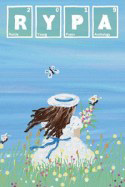 Subscribers to
Subscribers to  Scholastic News Kids Press Corps
Scholastic News Kids Press Corps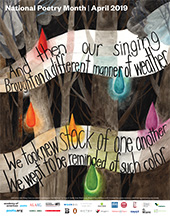 The
The 
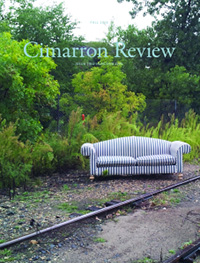
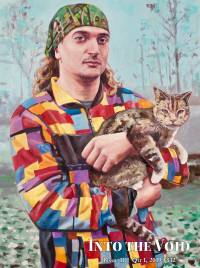
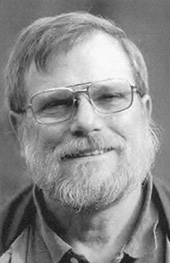 First Place
First Place Engaging Civically through Collaborative Art: Developing a Working Aesthetics of Protest Art with Michelle Slater
Engaging Civically through Collaborative Art: Developing a Working Aesthetics of Protest Art with Michelle Slater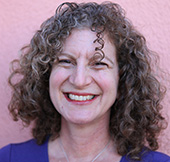 Since there is always a lag time created between contemporary news issues and publications of poetry,
Since there is always a lag time created between contemporary news issues and publications of poetry, 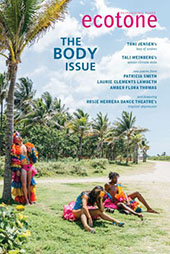 “Oh, plastic, scourge of the Anthropocene, shaped into adorable shapes and dyed multifarious colors; plastic, who will be with us forever: it’s easy to forget about you, but when I remember you’re here, I’m annoyed and freaked out all at once.”
“Oh, plastic, scourge of the Anthropocene, shaped into adorable shapes and dyed multifarious colors; plastic, who will be with us forever: it’s easy to forget about you, but when I remember you’re here, I’m annoyed and freaked out all at once.”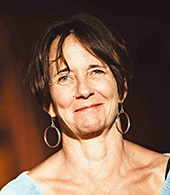 1st place goes to Marian Palaia [pictured] of San Francisco, California, who wins $2500 for “Wild Things.” Her story will be published in Issue 106, the final issue of Glimmer Train Stories.
1st place goes to Marian Palaia [pictured] of San Francisco, California, who wins $2500 for “Wild Things.” Her story will be published in Issue 106, the final issue of Glimmer Train Stories.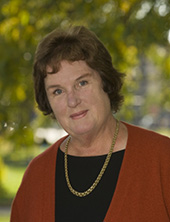 “All of the work in this special Fall issue of
“All of the work in this special Fall issue of 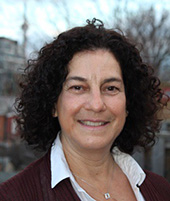 First Place
First Place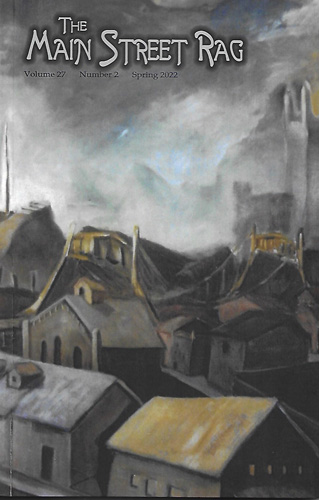

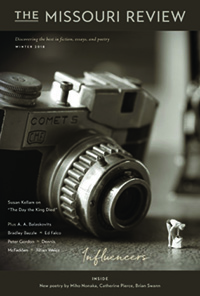
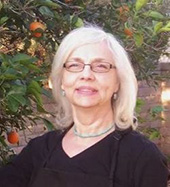 growing into ourselves
growing into ourselves